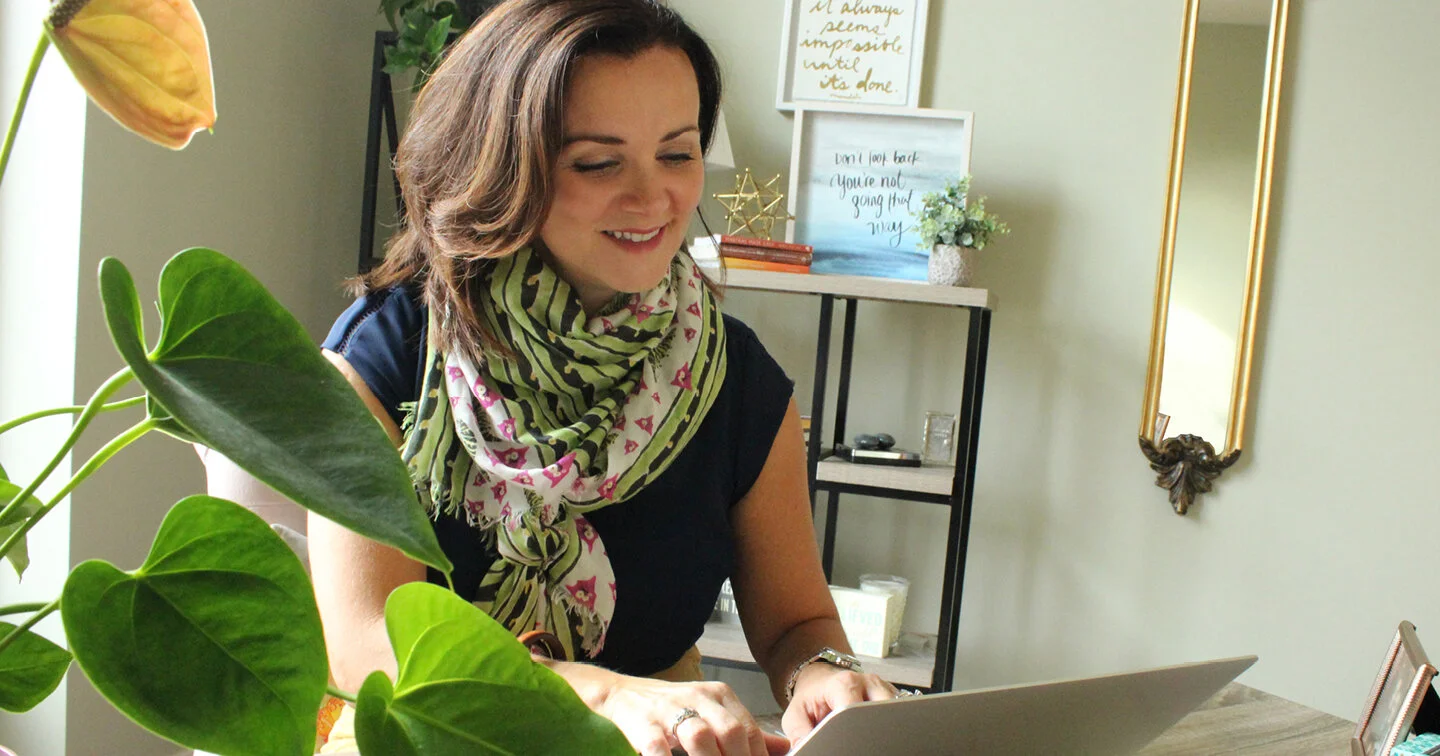Be kind and compassionate to yourself and others.
We are often more unkind to ourselves than to others. Our inner dialogue can be ruthless and damaging. Practice self-awareness of your words, and choose a different, kinder thought in the moment. Also, give others grace and compassion because we do not know what they may be going through.
2. Get professional help
Seek out a mental health practitioner. Many organizations now offer these services to their employees. Take advantage of available resources or seek a referral from someone you trust.
3. Get some sunshine to boost your mood.
There is a reason we feel better when we're outside. When we get proper sunlight, our bodies produce vitamin D and release more serotonin, boosting our mood and helping both anxiety and depression.
4. Try to get 7-9 hours of sleep each night.
Sleeping 7 -9 hours is ideal for us, and sleep and mental health are closely tied together. When we sleep, our body rests and recovers. When we do not get enough sleep, especially REM sleep, the brain doesn't correctly consolidate positive emotional content, which is tied to mental health disorders and their severity. Sleep is now understood as both a cause and consequence of mental health problems.
5. Surround yourself with loving people you can talk to.
We all need a tribe of loving and supporting people to talk to and share our concerns, especially when they're tied to our health. So seek out friends, family, or professionals to talk to.
6. Eat well and take care of your gut health.
The gut is sometimes referred to as our second brain, and our gut and brain are linked through the vagus nerve, which sends signals to and from the brain. It's incredible, but the gut can influence emotional behavior in the brain, and the brain can impact the bacteria in the gut. Therefore, nourishing ourselves by eating whole foods, especially fruits, and vegetables, those rich in omega-3 fatty acids, dark leafy green vegetables, nuts, beans, and lentils, helps to boost our mental health. Also, investing in a good probiotic is essential for gut health.
7. Start a gratitude practice.
Did you know that studies have shown that those who practice gratitude are happier, less stressed, less anxious, and less depressed? I love doing gratitude as part of my morning routine and in the evening before I sleep. When we acknowledge our blessings, we focus our energy on what we have, not what we lack. So try it; you may love it!
8. Move your body daily.
Research shows that people who exercise regularly have lower mental illness rates and better overall mental and emotional well-being. Exercise helps release endorphins that boost our mood, help us sleep better, provide more energy, improve our confidence, and reduce stress.
9. Reduce stress - yoga, meditation, tai chi, and breathwork.
I can't say enough about mindfulness practices. They align our mind, body, breath, and spirit. Each of these modalities has been shown to reduce stress and symptoms of anxiety and depression. Mindfulness also trains our brains to be present in the moment and shrinks our amygdala, allowing us to be less reactive.
10. Get your blood tested to address deficiencies and get supplement recommendations.
Several vitamins have been shown to support good brain health. However, asking your primary for a full panel test can reveal deficiencies in vitamins such as Vitamin D, B vitamins, and Folate, which are linked to mental health disorders.
Resources:




